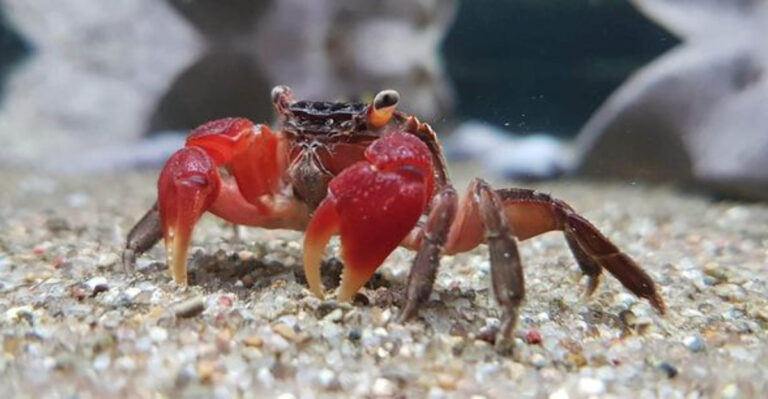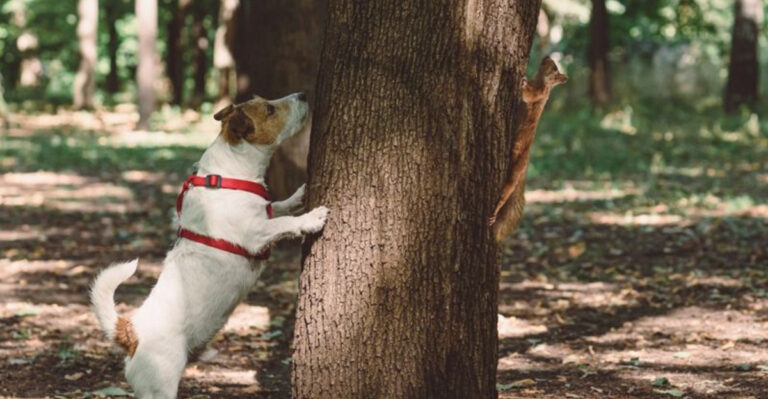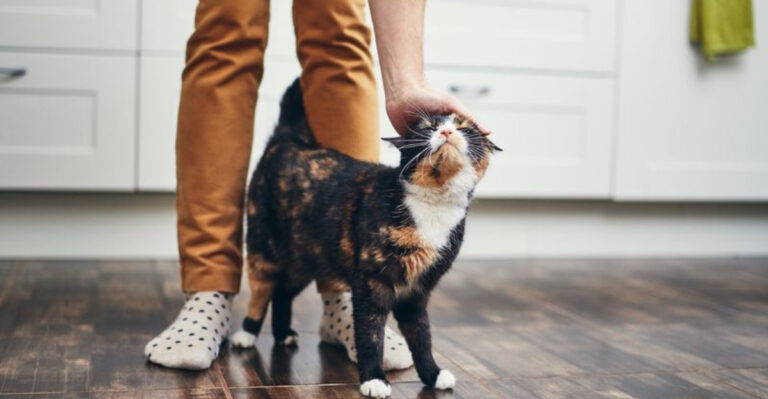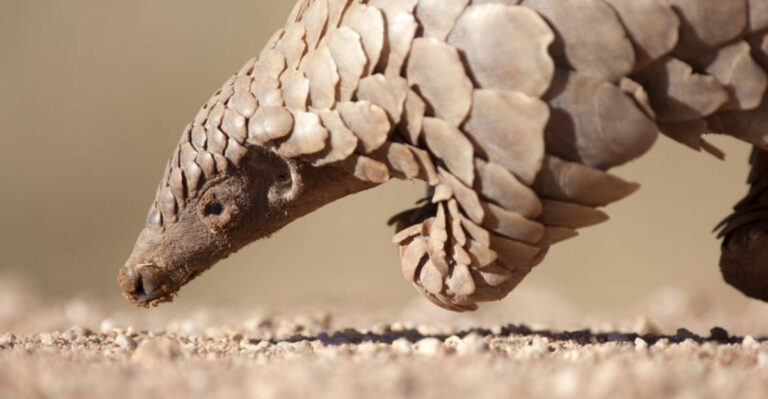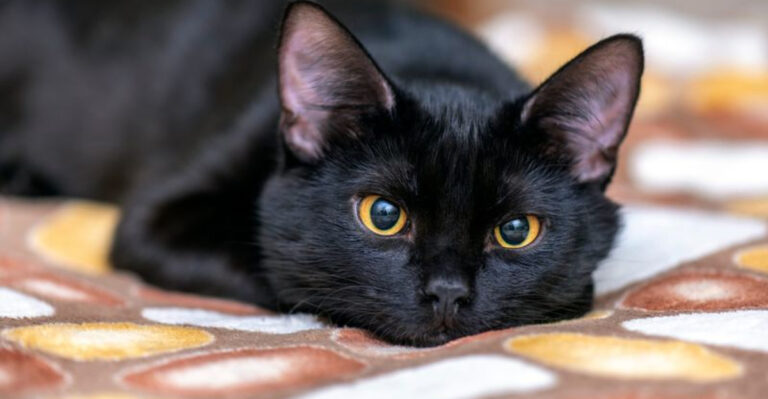Why Some Cats Sleep Next To Their Owners – But Face Away
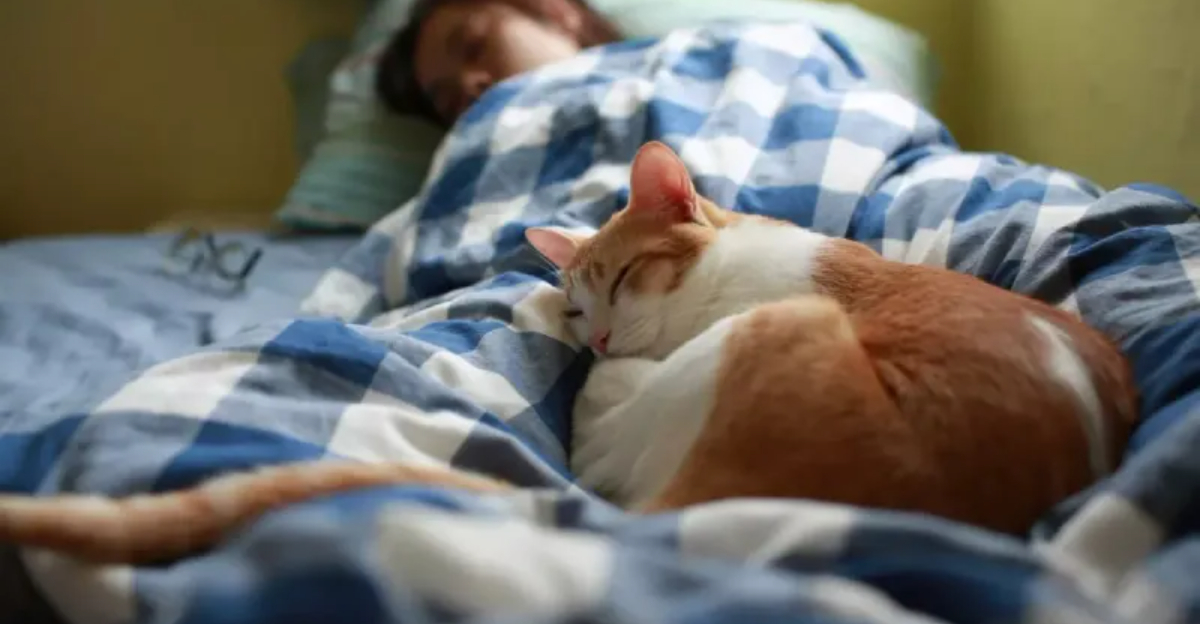
Ever noticed your furry friend snuggling up next to you at bedtime, but with their back turned your way? This curious cat behavior puzzles many pet owners.
While cats love being close to their humans, they often prefer to face away when sleeping. Understanding why your cat chooses this sleeping position can reveal fascinating insights about your relationship and your cat’s natural instincts.
1. Watching Your Back
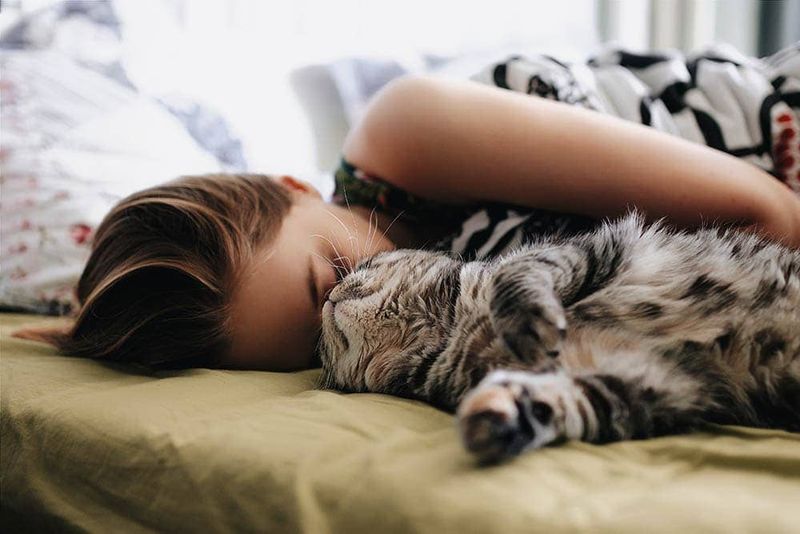
Cats are natural protectors with strong survival instincts. When your kitty sleeps facing away from you, they’re actually standing guard! Their backs are protected by your body, while their faces point toward potential danger.
This protective position allows them to keep an eye on the room’s entrance or windows where threats might appear. Their ears remain alert even during sleep, ready to detect any concerning sounds.
It’s their way of saying, “I’ll keep us safe while we rest.” Far from rejecting you, your cat is performing an ancient guardian role, just like their wild ancestors did when living in groups.
2. Trust Display
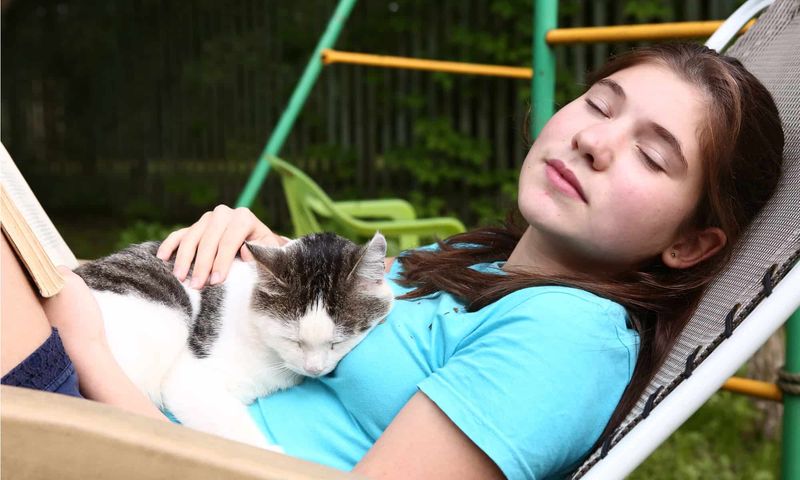
When your cat shows you their back, it’s actually a huge compliment! In the feline world, exposing vulnerable areas like the back signals deep trust. Your cat feels secure enough to let down their guard around you.
Wild cats never turn their backs on potential threats. By sleeping with their back pressed against you, your kitty is saying you’re their safe space in this big, sometimes scary world.
This position also lets them relax more deeply, knowing you’ve got their vulnerable side covered. It’s like having a trusted buddy watching your six – the ultimate vote of confidence from your independent feline!
3. Temperature Regulation
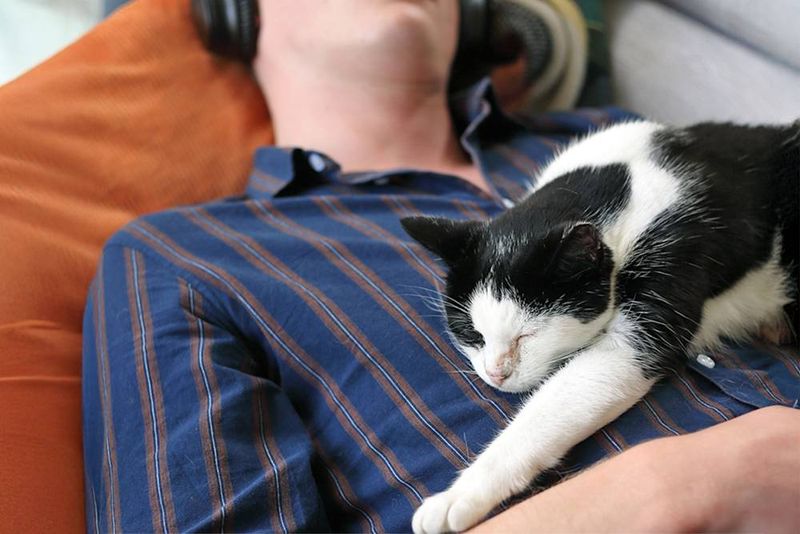
Cats are expert temperature managers! Their backs contain more fur and body mass, making this area perfect for collecting warmth from your body. By facing away but keeping their back against you, they achieve the ideal balance of warmth without overheating.
Their exposed face and front paws, which have fewer fur layers, help release excess heat. This clever position works like a natural thermostat, letting them absorb just enough of your body heat.
During colder nights, you might notice your cat pressing more firmly against you or curling into a tighter ball to conserve heat while still maintaining their preferred facing-away position.
4. Independence Statement
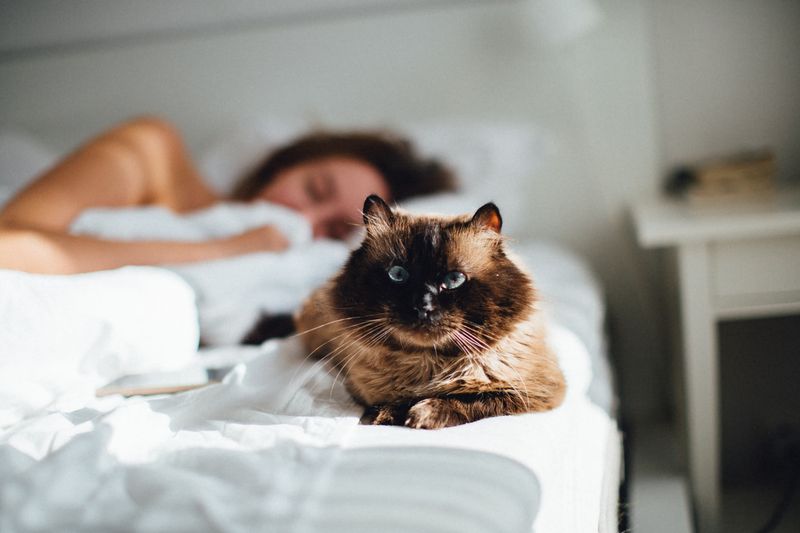
Cats cherish their independence while still craving connection – a fascinating contradiction! By sleeping near you but facing away, they’re striking the perfect balance between these competing desires.
This position says, “I want to be with you, but I’m still my own cat.” It’s their way of maintaining autonomy while enjoying your company. Unlike dogs, who might sleep directly facing their owners, cats preserve their sense of self even during intimate moments.
Many cat owners find this independent-yet-connected nature endearing. Your kitty wants closeness on their terms – a genuine reflection of the unique human-feline bond that has evolved over thousands of years.
5. Scent Bonding
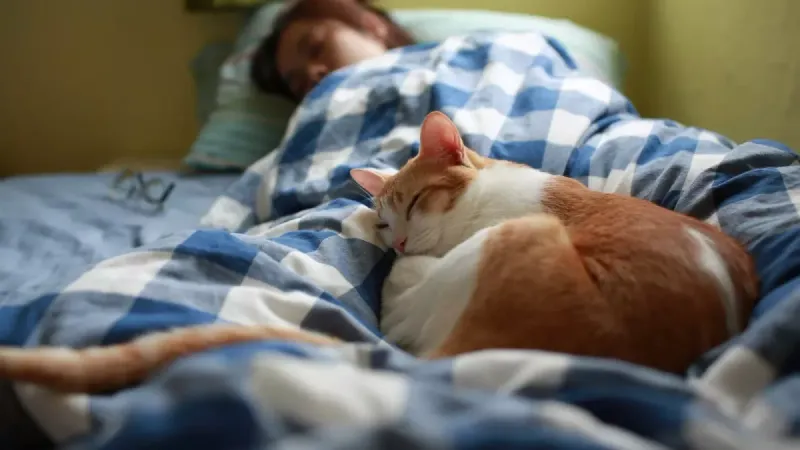
Cats communicate powerfully through scent. When your feline friend presses their back against you while sleeping, they’re engaging in subtle scent marking. Scent glands along their back and tail base release pheromones that mix with your scent.
This blending creates a shared “family smell” that’s comforting to your cat. It’s their way of claiming you as part of their trusted circle while reinforcing your bond.
The facing-away position maximizes contact between these scent glands and your body. Next time your cat sleeps this way, remember they’re not being standoffish – they’re literally marking you as their favorite human!
6. Escape Route Planning
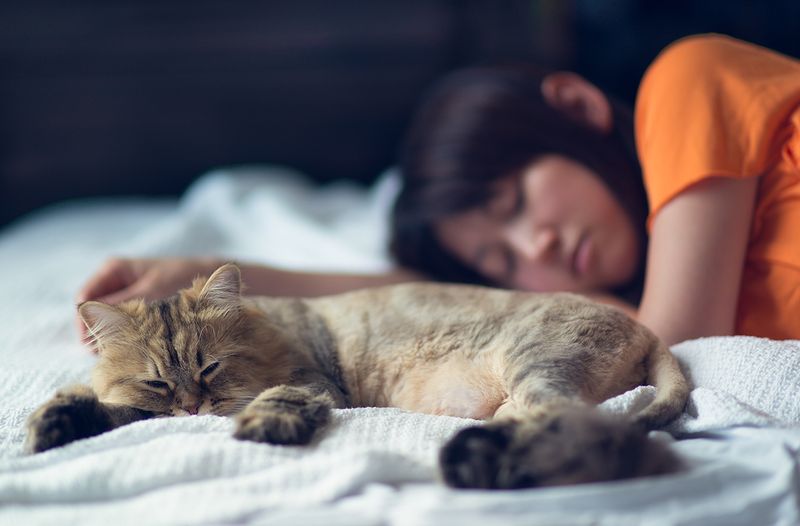
Cats never fully abandon their survival instincts, even in the safest homes. Facing away while sleeping gives them a quick escape route if needed. Their ready-to-spring position allows them to leap forward instantly if startled.
Your cat’s brain is wired to always have an exit strategy. Facing the room rather than being trapped against you gives them confidence to relax more deeply, knowing they can dart away at a moment’s notice.
This behavior stems from their wild ancestry, where quick reactions meant survival. So when your kitty faces away during snuggle time, they’re just keeping their options open – a habit deeply encoded in their DNA!
7. Sensory Overload Protection
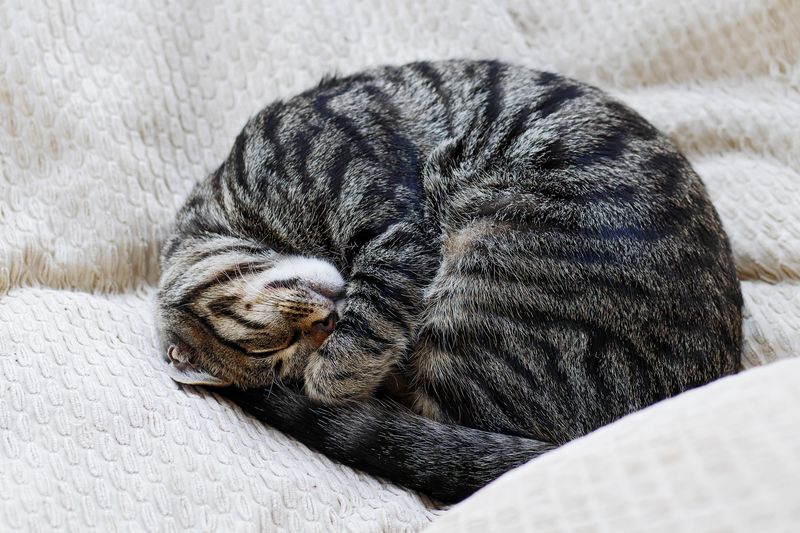
Cats have incredibly sensitive senses – especially their noses! Your breathing, cologne, or even natural scent might be overwhelming during sleep. Facing away helps them avoid sensory overload while still enjoying your comforting presence.
Their whiskers are also touch receptors that can become overstimulated. Pointing these sensitive tools away from you gives them a break from constant input, helping them achieve deeper sleep.
Think of it as their version of turning down the volume. They love being near you, but their super-powered senses need a bit of distance to properly rest. It’s not personal – it’s just practical cat comfort!
8. Hunting Position Readiness
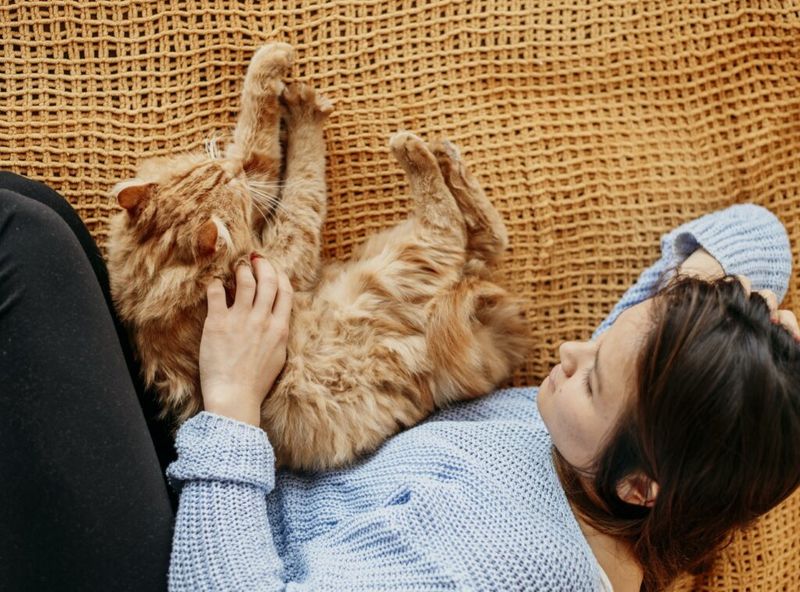
Your snoozing kitty might look peaceful, but part of them remains the alert predator they’re born to be. The facing-away position mimics how cats wait before pouncing on prey – body coiled and ready to spring forward.
Even domesticated cats retain these instinctual sleeping patterns. Their brains are programmed to rest while maintaining readiness for potential hunting opportunities. With their back secured against you, they can face outward toward where prey might appear.
This explains why cats sometimes twitch or suddenly wake during sleep – they’re mentally practicing their hunting moves! Your kitty’s sleeping position reflects millions of years of evolutionary programming that remains even in the coziest modern homes.
9. Respecting Your Space
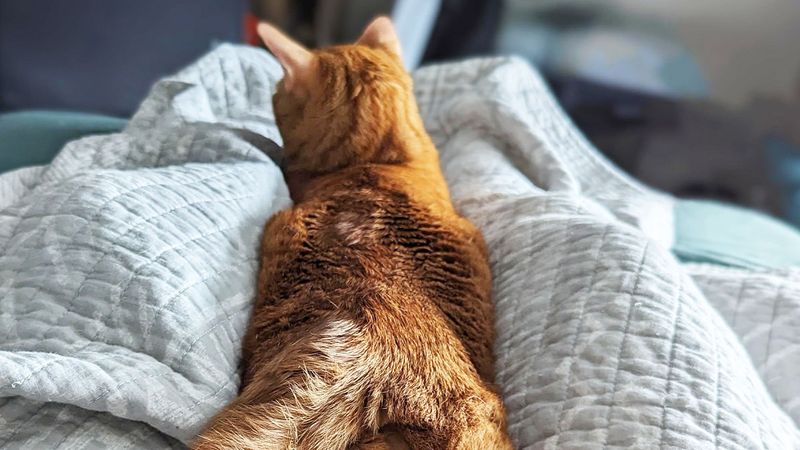
Cats are surprisingly considerate roommates! By facing away while sleeping next to you, your cat might actually be showing good manners. They’re close enough for comfort without breathing directly in your face or disturbing your sleep.
Many cats learn through experience that humans prefer not having whiskers tickling their nose or paws, kneading their face at 3 AM. The back-turned position allows closeness without these potentially disruptive behaviors.
This respectful distance demonstrates your cat’s social intelligence. They’ve figured out how to maintain contact while letting you sleep peacefully – a thoughtful compromise that benefits both of you during shared rest time.
10. Feeling Secure Without Vulnerability
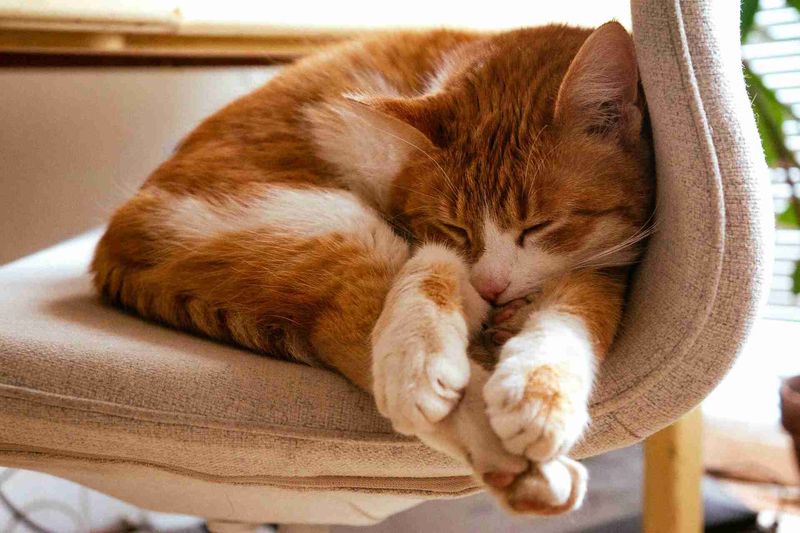
Cats feel most vulnerable when their bellies and throats are exposed. The facing-away position lets them feel your comforting presence without displaying these sensitive areas.
For cats with trust issues or past trauma, this half-open sleeping position represents a middle ground. They can connect with you physically while maintaining their protective instincts and sense of security.
Over time, as trust deepens, some cats gradually shift to more vulnerable sleeping positions like belly-up. Others always prefer the facing-away position as their comfort zone. Either way, they’re showing you exactly how much closeness feels safe to them – a genuine reflection of their personal boundaries.
11. Mimicking Kitten Behavior
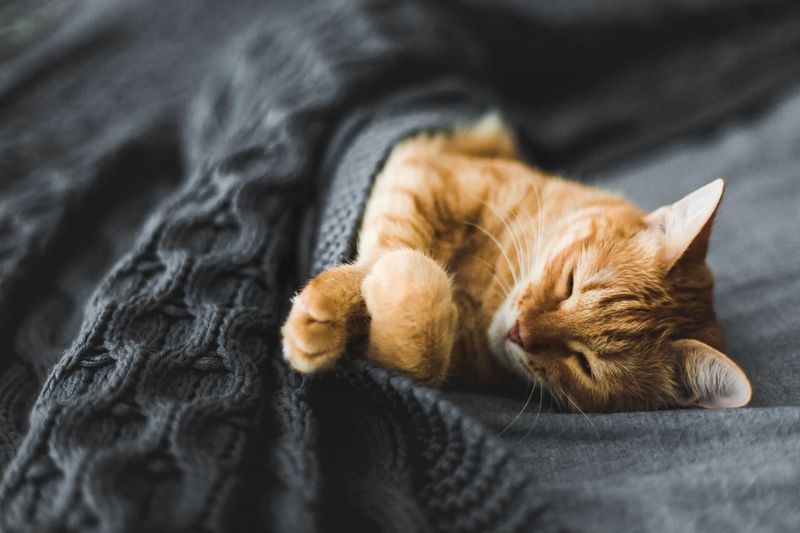
Your adult cat’s sleeping habits might be a throwback to kittenhood! Kittens often sleep back-to-back with littermates and their mother, facing outward in a protective circle. This position kept the vulnerable babies warm and guarded from multiple angles.
By sleeping with their back against you, your grown cat might be recreating this comforting early-life experience. You’ve essentially become their trusted family member, filling the role of mother cat or littermate in their mind.
This behavior shows how deeply bonded your cat feels to you. They’re treating you as family in the most instinctual, primal way possible – a beautiful testament to your special relationship.
12. Avoiding Your Movements
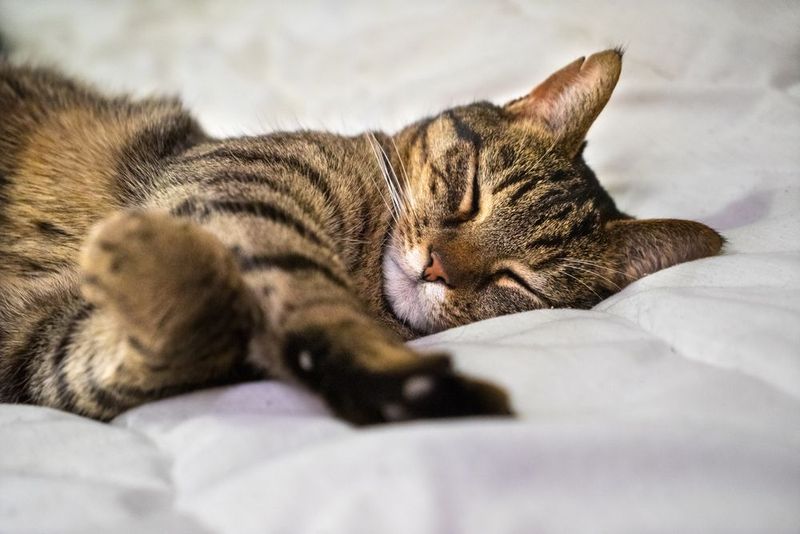
Humans toss and turn during sleep, which can startle sensitive cats. By positioning themselves facing away, cats minimize disruption from your midnight movements while still maintaining contact.
This clever arrangement puts them at the periphery of your motion zone. If you roll toward them, they can easily reposition without completely abandoning their cozy spot next to you.
Some particularly motion-sensitive cats may even choose specific sleeping spots based on how much you move! The foot of the bed or the side where you move less might become their preferred location. Their facing-away position is part of this strategic placement for uninterrupted sleep.


